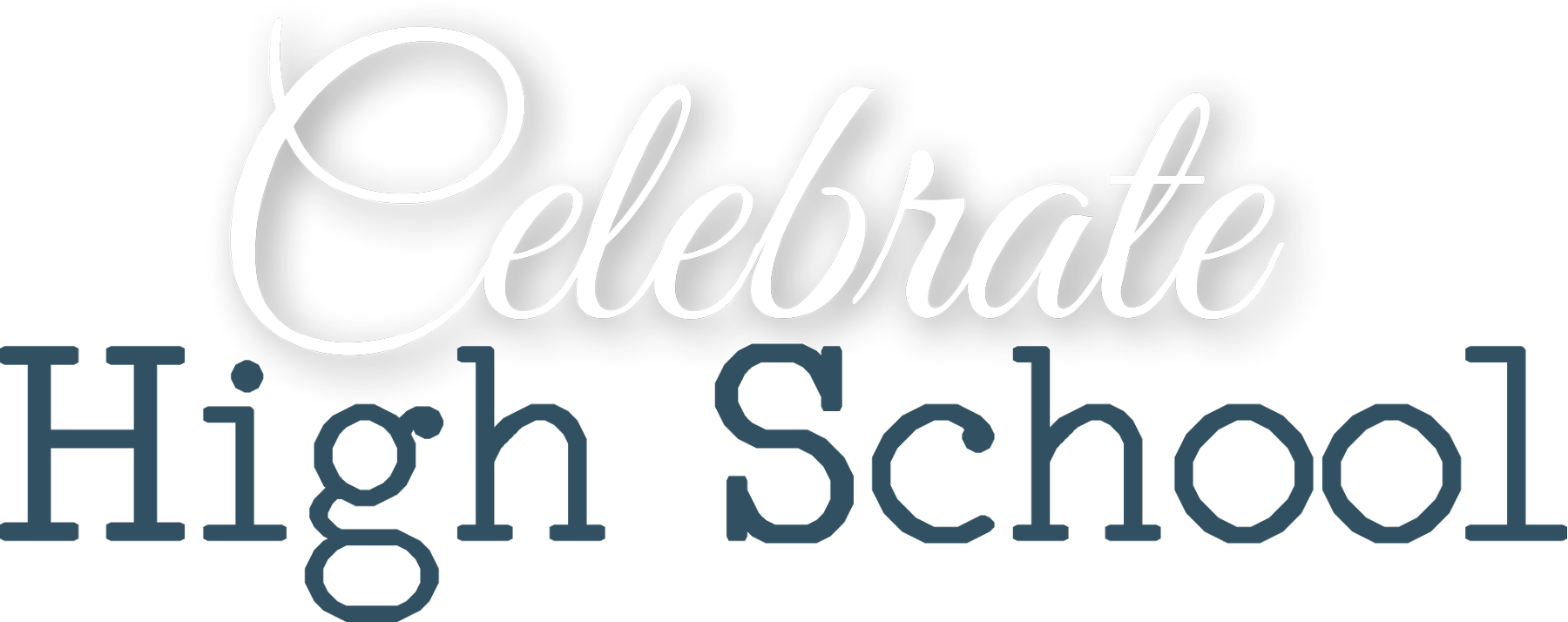
Thinking Outside the Traditional College Box
- Met with future Olympians
- Imagined with young entrepreneurs
- Engaged in conversations with young published authors
- Marveled as juniors and seniors blazed trails
- Set up retirement accounts
- Earned CNA certificates
Every decision was a stepping stone to an astounding future, a path as unique as the learner was extraordinary.
Maybe you and your teen are pondering post-graduation plans, vacillating between next steps, some nothing like you imagined or hoped. The path might be scary. You are not alone. God is with you and fully aware of the circumstances. He knows your son or daughter and the current scenario and will provide for the details of your graduate’s future. With open hands, ask Him to help your family consider potential options.
The list below offers a variety of ideas. It is by no means exhaustive, and it is quite possible graduates could partake in several options simultaneously. For example, a gap year could be used to start a podcast while finishing a book in an area of expertise. If that expertise is sports-related—as in the case of a champion fencer—the teen could teach private lessons to generate revenue while building an online platform for his upcoming book.

Health care field careers are in demand, and not all require a college degree, though certification, clinical work, and state licensure exams are likely. High schoolers eager to work in a healthcare-related field may consider becoming a(n):
- Phlebotomist
- Optician
- Home health care assistant
- Hearing aid specialist
High school courses can prepare for or solidify a career choice. For example, first aid, biology, human anatomy, or medical terminology can provide helpful foundations for healthcare careers, while child development, psychology, or interpersonal communication classes may lay a foundation for a future nanny service or preschool teacher. High schoolers interested in these fields may find American Red Cross courses or volunteering with assisted living facilities, church senior care, Meals on Wheels, and Special Olympics helpful. We know a high schooler who is currently working alongside an optician as a tech. Real-life experience is invaluable and helps build a resume before the high school tassel is turned.
Other careers offer employment without a college degree, too. Again, certification, licensure, or other examinations are likely. Those fields include:
- Bank teller specialist
- Cosmetologist
- Fire School/ EMT
- Law enforcement
- Commercial or private pilot
- Pest control applicator
- Realtor

- Sound, Lighting, and Technology. One young man we met for evaluations discovered his gift while serving with the tech team at his church. His mentor noticed his strengths and began teaching the student advanced sound board technology, lighting, videography, and editing skills. Within a year, volunteer service turned into high school employment and eventually a post-graduation career. Event DJs would fall in under this category as well.
- Publications and Online Content. Polishing a manuscript for creative writing credit while in high school can lead to future publication, freelance writing, blogging, podcasting, or creating YouTube content. Membership in a writer’s critique group, a personal writing mentor/coach, or writer’s conferences may be helpful.
- Coach or Referee. This versatile option could be a primary income—being employed as a coach or instructor—or as a part-time job while working in another area, perhaps while pursuing a sports-related degree or certification. It is the way we’ve watched young people receive monetary compensation—sometimes $50-$75 an hour—for pitching or batting lessons, while passing on their love and expertise to younger athletes.
- Online Courses and Tutorials. The internet can be a powerful tool to gain skills needed for a career while in high school. For example, a young adult with a vision to be a game warden or ranger may decide an online wilderness survival course or SCUBA or lifeguard certifications might be the right next step to fulfilling the goal. With access to the internet, graduates have the ability to continue to build skills in any area from repairing motorcycles to cake decorating.

Three of our grads have incorporated state college into their post-secondary plans. Each personalized path opened doors for daytime employment in the field—building connections with professionals—while completing online work in the evening. Inroads to post-graduation employment were paved, and incremental steps up the education ladder provided a less intimidating path to an advanced degree.
Maybe you are thinking, “My graduate will not go to college.” I’ve been there and walked the road, several times. And, guess what? Every learner decided to attend college, each successful in his or her own way. One even holds a graduate degree. If you doubt your teen will attend college due to a learning challenge, please know accommodations may be available. With that in mind, celebrate the goodness that abounds in your learner and enjoy the journey. College, which once seemed unobtainable, may suddenly become a viable option.
Every learner’s path is rife with possibilities and potential as distinctive as each divinely fashioned individual. The same is true of post-graduation plans. When we listen boldly and open our hearts and minds to options—perhaps unlike anything we might be presently considering—we begin to anticipate and appreciate the possibilities better suited to the giftings and callings of our young adults.
